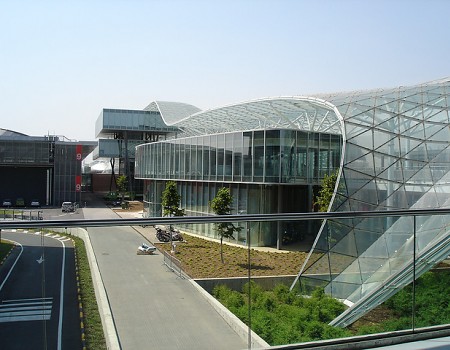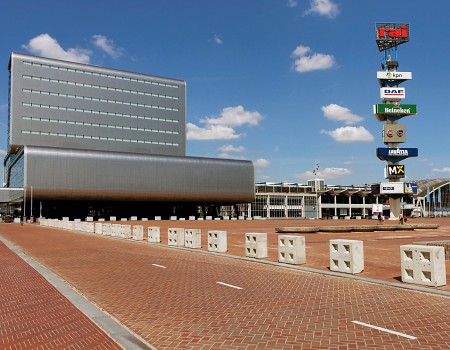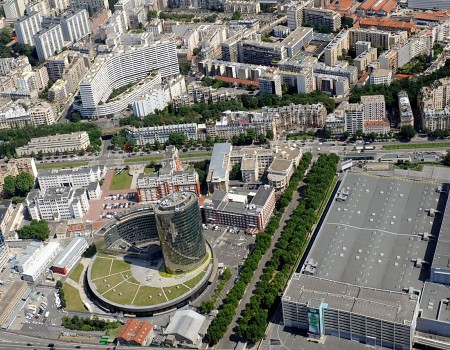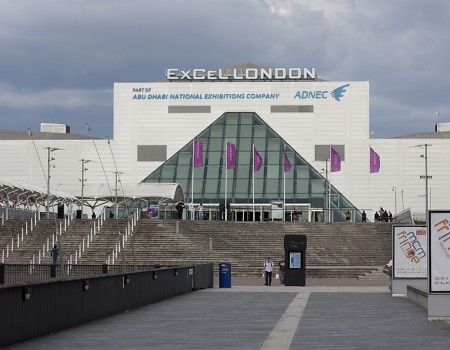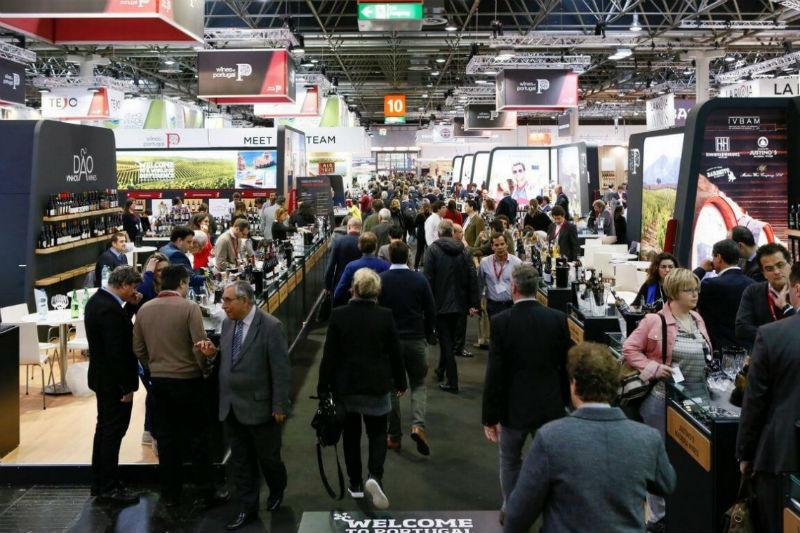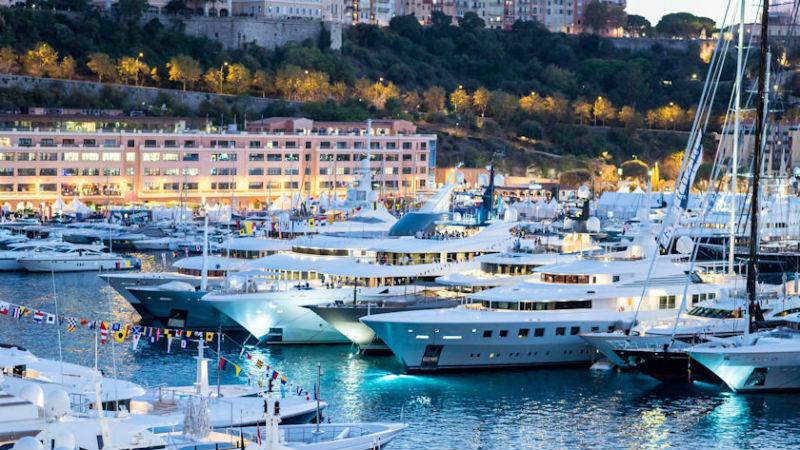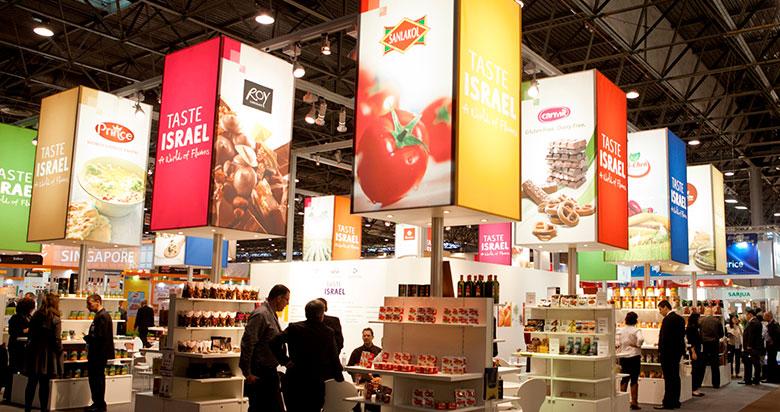Hotel Accommodation During Trade Shows
Most Visited Trade Fairs
Featured
Amsterdam RAI, Amsterdam
Not rated
0 Review
3 days
14 May -
17 May
Popular Event Venues
- 28.03.2024
Fiera Milano
Fiera Milano, founded in 1920, stands as a cornerstone of Italy's exhibition and...
- 28.03.2024
Amsterdam RAI
Amsterdam RAI stands as a symbol of innovation, sustainability, and connectivity...
- 28.03.2024
Paris Expo Porte de Versailles
Paris Expo Porte de Versailles stands as a beacon of innovation and excellence in...
- 28.03.2024
ExCeL London
ExCeL London stands as one of the United Kingdom's most outstanding event venues,...
Our happy clients
Very professional crew. Good recommendation for the hotel.
Profissionalismo, atentos, preocupados sobre o nosso bem estar. Muito bom.
The registration was very quick. Regular hotel with perfect situation.
I am very pleased with your professionalism and ability to solve all of the client's problems!
Read the latest from blog
- 25.03.2024
Must-Know Tips for Booking Accommodation Near Trade Fairs
Trade fairs are exciting hubs for industry professionals, but finding the perfect...
- 25.03.2024
Mastering Business Travel: Packing Essentials for Trade Fair Attendees
Business travel, especially when attending trade fairs, requires careful...
- 25.03.2024
Unveiling the Success Story of a Premier International Wine Show
The wine sector is one of the most potent in the trade fair world, with every...
- 25.03.2024
A Glimpse into the Pinnacle of Luxury and Superyacht Elegance
Few events reach the level of prestige that Monaco Yacht Show has achieved for...
- 25.03.2024
Celebrating Global Leadership in Organic Trade Shows
There’s plenty of trade fairs around the world focused on organic foods and...
- 25.03.2024
A Century of Leading the Culinary World in Food Trade Excellence
Anuga is one of those trade fairs that need no introduction – it’s by...







